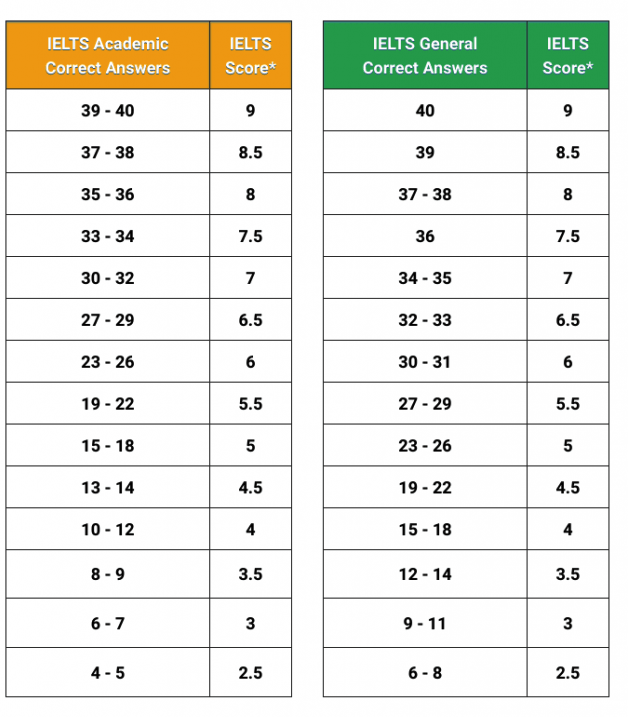READING
We train hard and smart. The skills we impart stay with you for life.
Get a high reading score by becoming familiar with academic topics & vocabulary and improving your reading comprehension, reading speed, and time-management skills.
What is IELTS Reading ?
The IELTS Reading test requires you to answer 40 questions in 60 minutes, so you must be fully prepared before you book your exam. There are 13-14 questions about each article. Each reading passage gets more complicated than the one before it. So, the first reading passage is the most straightforward, and the third is the most troublesome. Nevertheless, all questions are worth 1 point. Therefore, answer the simplest questions first.

IELTS READING
Get a high reading score by becoming familiar with academic topics & vocabulary and improving your reading comprehension, reading speed, and time-management skills
Passage One
One long reading passage with tasks related to descriptive. Each text is followed by questions which focus on specific information
Passage TWO
One long reading passage. Each text is followed by questions which focus on specific information, narrative, descriptive or argumentative.
Passage THREE
One text that is longer than the texts in passage one and Two . Questions test general, extended reading comprehension.
IELTS Reading Question Types
IELTS Reading
IELTS Reading
IELTS Listening has four sections. Each section consists of 10 questions, and there are in total 40 questions. Each segment is more troublesome than the one before it, so section one is most straightforward, and Section four is most challenging. IELTS Listening has four sections. Each section consists of 10 questions, and there are in total 40 questions. Each segment is more troublesome than the one before it, so section one is most straightforward, and Section four is most
Matching Headings
Choose the specific title from a list for each paragraph.

Matching Information
Read a list of statements and match a statement to each question.

True, False, and Not Given
Decide if a statement is true, false, or not given.

Multiple Choice
Choose the correct answer from a list of choices.

Summary Completion
Complete a paragraph by determining the correct missing words.

Short Answer
Answer questions about the reading passage in three words or less
What is the Disparity Between the Academic and General Training Reading Test?
The types of question that you undergo in the Academic exam are the same as the question types that you get in the General Training exam. However, the passages of text that you must read are different.General Training students will have to read a combination of long and brief texts of both a general and work-specific nature. In comparison, Academic learners must interact with three long passages of an academic nature.
IELTS Reading The Following Skills Assessed
Reading Skills and Reading Comprehension in IELTS for Specific Purposes
Reading for central concepts
Comprehension Inferences & Implied Meaning
Identifying Detail
Identifying Writers Opinions
Attitudes & Purpose
Following The Construction Of An Argument
It Is Always Paraphrased, So Easy To Get Caught Out
Follow the instructions carefully.
This instruction applies mostly to the word limit. If the question states ‘No more than two words’ then you cannot write any more than that. It will be incorrect if you write three words.
Familiarise yourself with the different question types
Only genuine IELTS materials by Cambridge English Assessment will help to prepare for the exam. By familiarising with the question types, the candidate will be ready to face them during the exam.
Locate and use keywords
Keywords are the essential words in an IELTS question. Underline keywords as you are reading the question.
Synonyms and parallel expressions
Typically, IELTS examiners use synonyms or parallel expressions when drafting questions. A synonym is a word that has the identical meaning as a word in the IELTS reading passage. A parallel expression is a group of words that has the same meaning as a group of words in an IELTS passage.
Skimming
Skimming is when you read rapidly to understand the general meaning of a passage. You should skim to find precisely which paragraph is likely to contain an answer.
SCANNING
Scanning is when you read quickly to find a specific word or idea. You should use scanning to instantly discover the sentence that is likely to contain an answer.
Do not leave any answer unattended
If you cannot decide the answer to a question, make a guess. There is a no penalty for making an inaccurate assumption, so you should presume and expect you get fortunate for questions that you cannot find an answer!
Be cautious
Be cautious while transferring your answers also pay consideration to the word limit.
Develop techniques for different types of Reading questions
it is always better to know kind of question types you’re good at and bad at. Therefore, you should practise each variety of questions that are challenging for you individually and strengthen your skills for those question types.
Time management
You only have 60 minutes to finish IELTS reading. You cannot have any additional time. Hence, it is crucial to answering questions promptly. All questions are worth the same; 1 point each. Do not spend more than 2-3 minutes on one question. If you cannot locate the answer, skip the question and come back later if you have time.
Become familiar with the exam
The most significant issue in the reading test is inproper time managment. In order to manage your time, you need to know the exam format and understand the requirements. Practice with timer on.
Calculating Your Band Score from Your Marks
Listening module examines your comprehenshion skills. The examiner concern to know whether you are proficient enough to understand and answer the questions correctly. The score is determined based on the number of right answers. There is no penalty for wrong answers.
You can assess your score by counting up your marks out of 40 and comparing them with the scores below:

